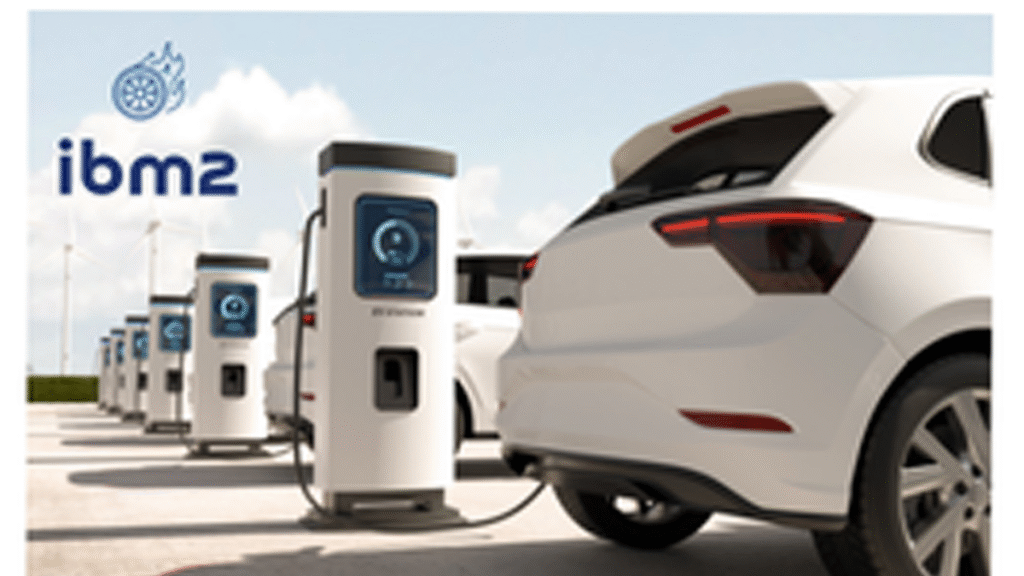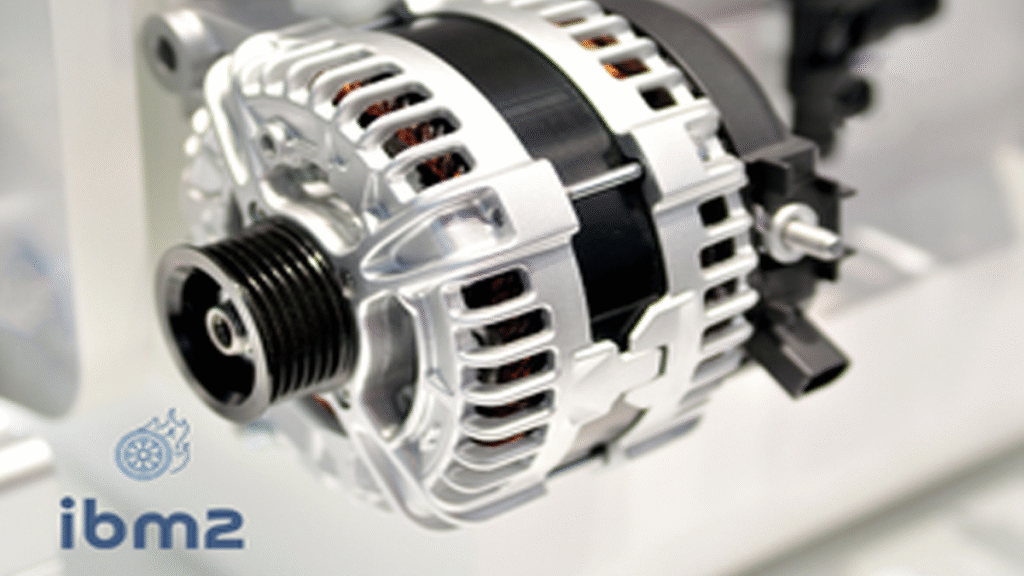Your car’s charging system is the lifeline of your vehicle’s electrical components. When it fails, you’re not going anywhere. This comprehensive guide will help you understand, diagnose, and maintain your charging system like a professional mechanic.

🔋 What is the Car Charging System?
The charging system has three main components:
- Alternator: Generates electrical power
- Battery: Stores electrical energy
- Voltage Regulator: Controls power output
🚨 7 Warning Signs of Car Charging System Failure
1. Dimming or Flickering Lights
Headlights that dim at idle or flicker when using accessories are classic symptoms of charging system issues.
2. Battery Warning Light
The most obvious sign – if this light stays on while driving, your charging system needs immediate attention.
3. Electrical Component Failure
Power windows, seats, or stereo system working intermittently? Your charging system might be struggling.
4. Strange Noises
Grinding or whining sounds from the alternator area indicate bearing failure or internal damage.
5. Dead Battery
Frequent jump-starts needed? The alternator might not be charging the battery properly.
6. Burning Smell
The odor of burning rubber or electrical wires often means alternator overheating.
7. Engine Stalling
Vehicle stalling or difficulty starting can indicate charging system failure.
🛠️ Step-by-Step Diagnostic Guide
Visual Inspection Checklist:
- Check belt tension and condition
- Inspect wiring for damage or corrosion
- Look for loose connections
- Check alternator mounting bolts
Voltage Testing:
- Battery Test (engine off): 12.4-12.7V
- Charging Test (engine running): 13.7-14.7V
- Load Test (accessories on): Should maintain above 13V
Tools You’ll Need:
- Digital multimeter
- Battery load tester
- Basic hand tools
- Safety glasses
💡 Maintenance Tips to Extend System Life
Regular Maintenance:
- Check belt tension every 15,000 miles
- Clean battery terminals quarterly
- Test charging system annually
- Keep electrical connections tight and clean
Prevention Tips:
- Avoid excessive electrical loads
- Address electrical issues promptly
- Use quality replacement parts
- Keep the alternator clean and dry
⚠️ When to Seek Professional Help
DIY is possible for:
- Basic voltage tests
- Visual inspections
- Battery replacement
- Belt tension adjustments
See a professional for:
- Alternator replacement
- Complex electrical issues
- Computer system diagnostics
- Warranty-covered repairs
🔄 Repair vs. Replacement Guide
| Situation | Recommendation | Estimated Cost |
|---|---|---|
| Alternator under 5 years old | Repair | $150-300 |
| Over 100,000 miles | Replace | $300-600 |
| Major internal damage | Replace | $300-600 |
| Minor bearing noise | Repair | $100-250 |
🛒 Recommended Products
Note: We may earn commission from links below, at no extra cost to you.
Best Alternator Brands:
- Denso – OEM quality, excellent reliability
- Bosch – German engineering, durable
- ACDelco – GM genuine parts
- Remy – Professional grade
Essential Tools:
- Fluke 115 Multimeter – Professional accuracy
- Schumacher Battery Load Tester – Reliable testing
- Gates Drive Belts – Quality replacement parts
❓ Frequently Asked Questions
Q: How long should an alternator last?
A: Typically 7-10 years or 100,000-150,000 miles with proper maintenance.
Q: Can I drive with a bad alternator?
A: Not recommended. You might stranded when the battery drains completely.
Q: How much does alternator replacement cost?
A: $300-600 including parts and labor for most vehicles.
Q: What causes alternator failure?
A: Common causes include: bearing wear, voltage regulator failure, diode issues, and belt problems.
📈 Pro Tips from Mechanics
“Always test both the alternator and battery together. A weak battery can kill a good alternator, and vice versa.”
- Mike R., Certified Master Technician
“Use dielectric grease on all electrical connections to prevent corrosion and ensure good conductivity.”
- Sarah T., Automotive Electrical Specialist
🎯 Key Takeaways
- Regular testing prevents unexpected breakdowns
- Address warning signs immediately
- Quality parts last longer and perform better
- Professional diagnosis saves money long-term
- Preventative maintenance is cheaper than repairs
🔧 Ready to Take Control of Your Vehicle’s Health?
Bookmark this guide and share it with fellow car owners. Remember, understanding your charging system could save you from expensive repairs and inconvenient breakdowns.
📞 Need Professional Help? Contact our certified mechanics for personalized advice and service recommendations.



Pingback: Repair vs. Replace Alternator: The Ultimate Guide - ibm2